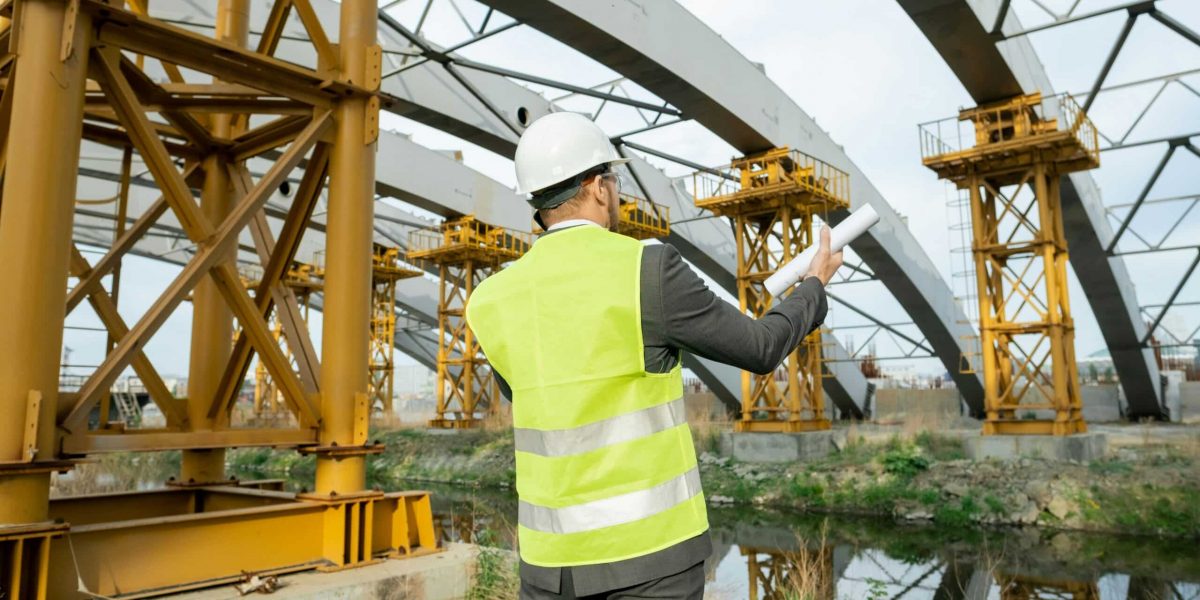Texas has long been an attractive destination for businesses due to its favorable tax policies, diverse economy, and central location. Now, with ongoing investments in infrastructure, the state is becoming even more appealing. From highway expansions to advanced transit systems, Texas is modernizing its connectivity and accessibility, making it easier for businesses to operate efficiently and for residents to enjoy improved mobility. These developments are not just about improving transportation—they are helping to support economic growth, attract new businesses, and strengthen the state’s overall appeal.
Texas is making bold moves to upgrade its infrastructure to meet the demands of a growing population and an expanding economy. The state is investing heavily in transportation, energy, and digital infrastructure, ensuring that businesses can connect with their markets faster and more efficiently. Whether it’s the expansion of major highways or the development of high-speed rail, Texas is positioning itself as a leader in infrastructure development, with projects designed to accommodate both current and future needs.
One of the most significant areas of investment is the highway system. Texas is home to some of the busiest highways in the United States, and as more businesses relocate to the state, these roads are seeing increased use. To address congestion and improve travel times, Texas has embarked on several large-scale highway expansion projects, including widening lanes and building new toll roads to facilitate smoother traffic flow. This not only benefits commuters but also boosts logistics and freight transport, making it easier for goods to move across the state and beyond.
Enhancing Connectivity Through Modern Transportation Systems
Transportation plays a vital role in making Texas an attractive place for businesses. In addition to highway expansions, Texas is investing in public transit systems and high-speed rail projects that aim to enhance connectivity within the state’s major urban centers. These efforts are crucial as Texas’ population grows and more people seek convenient and efficient ways to travel across cities and regions.
One of the most talked-about projects is the proposed Texas high-speed rail, which would connect Houston and Dallas in under 90 minutes. This project promises to revolutionize business travel, making it easier for companies to operate in multiple locations across the state. The high-speed rail is designed not only to reduce traffic congestion on highways but also to provide a more sustainable, energy-efficient transportation option, aligning with Texas’ long-term goals for environmental sustainability.
Public transportation is also getting a boost, with cities like Houston and Austin focusing on expanding their bus and light rail systems. These projects are designed to improve access to business districts and reduce reliance on cars, providing employees with reliable and affordable transportation options. The improvements in public transit are particularly appealing to businesses seeking to attract top talent, as convenient transportation is often a key factor in employee satisfaction and retention.
For companies involved in logistics and freight, Texas is also working on port infrastructure enhancements to improve the efficiency of shipping routes. Ports like the Port of Houston are critical gateways for international trade, and ongoing investments in port infrastructure are aimed at increasing capacity and reducing bottlenecks. These upgrades ensure that businesses in Texas can maintain smooth supply chains and continue to meet the demands of global markets.
Digital Infrastructure: Powering Texas’ Growing Tech Sector
In addition to transportation, Texas is making significant strides in its digital infrastructure, which is crucial for businesses in today’s tech-driven economy. As more companies rely on cloud computing, remote work, and advanced digital tools, having a robust digital infrastructure is more important than ever. Texas is responding to this demand by expanding its broadband network and increasing access to high-speed internet in both urban and rural areas.
The state’s commitment to improving digital infrastructure is particularly important for the growing tech industry in cities like Austin and Dallas, where companies depend on reliable internet connectivity to power their operations. By expanding broadband access, Texas is ensuring that businesses, large and small, have the tools they need to stay competitive in a global market.
The focus on digital infrastructure also extends to data centers and cloud services. Texas has become a hotspot for data centers, thanks to its favorable tax incentives and the availability of land and energy resources. These data centers are critical for tech companies and other industries that require massive storage and computing power. With continued investment in both physical and digital infrastructure, Texas is positioning itself as a top destination for tech startups and established companies alike.
Moreover, the improvements in digital infrastructure benefit more than just the tech sector. Companies in industries ranging from healthcare to manufacturing rely on strong digital networks for communication, automation, and innovation. By making high-speed internet more accessible across the state, Texas is enabling businesses to operate more efficiently and helping them reach new markets.
The Economic Impact of Texas’ Infrastructure Investments
The ongoing infrastructure investments in Texas are having a noticeable impact on the state’s economy. By enhancing connectivity and improving transportation networks, the state is making it easier for businesses to thrive. The investments are also helping to attract new companies to Texas, as businesses are drawn to the state’s business-friendly environment, skilled workforce, and now, improved infrastructure.
These projects are also creating jobs and stimulating the local economy. Construction projects for highways, rail systems, and broadband expansion require a skilled workforce, and the influx of investment in these areas is providing thousands of jobs across the state. The long-term economic benefits of these developments are expected to be significant, as businesses take advantage of the enhanced infrastructure to expand their operations and increase their productivity.
Furthermore, the improvements in infrastructure are making Texas an attractive destination for both national and international investors. Companies looking to establish a presence in the U.S. are increasingly considering Texas because of its combination of business-friendly policies and world-class infrastructure. This makes Texas a competitive player on the global stage, ensuring that it remains a key hub for business and commerce.
In conclusion, Texas’ infrastructure developments are strengthening the state’s appeal to businesses by improving connectivity, accessibility, and digital capabilities. These ongoing investments are not only boosting the local economy but also setting the stage for long-term growth and competitiveness. As more companies seek locations with robust infrastructure to support their operations, Texas is well-positioned to continue attracting businesses and fostering innovation in the years to come.







